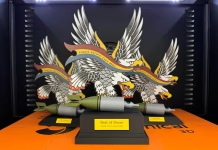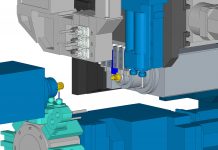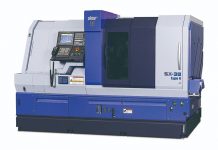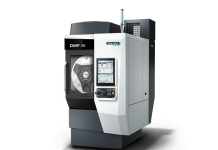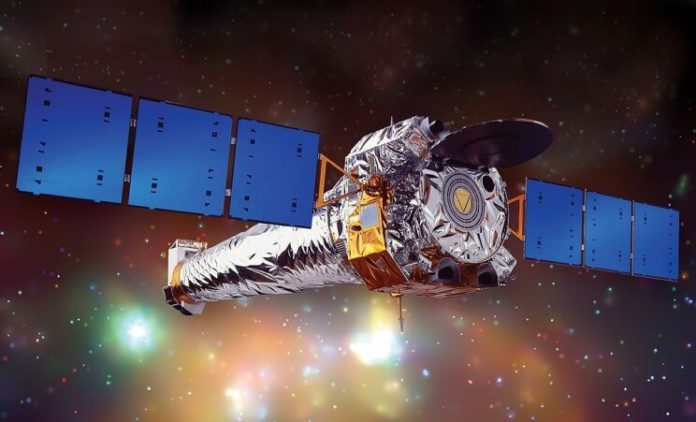The Chandra X-ray Observatory which was launched in 1999 by NASA is the most powerful and largest (at 45 feet) x-ray telescope in the world.
It was launched to capture images of high energy regions (black holes, dark matter, supernovas,etc.) of the universe for scientists and researchers.
The Chandra is named after the famous Subrahmanyan Chandrasekhar, the Nobel Prize winner and is one of the 4 Great Observatories launched by NASA.
This mechanical marvel has high-resolution mirrors which enables it to pick up 100 times fainter x-ray regions than its predecessors could. This was made possible by the scientists and engineers at Raytheon Optical Systems in Danbury, Connecticut who polished and ground these pairs of mirrors to the smoothness of a few atoms.
The Chandra telescope system orbits around the earth at a height which is 200 times more than NASA’s Hubble space telescope.
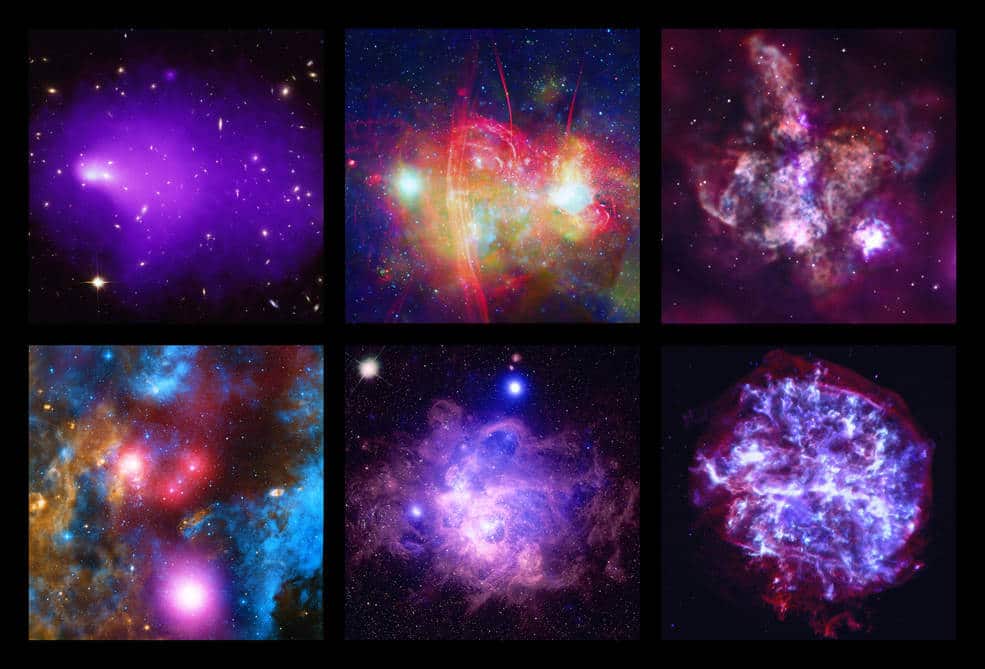
Source: NASA
Did You Know?
- The Chandra X-ray Observatory is the worlds most powerful X-ray telescope. It has eight-times greater resolution and will be able to detect sources more than 20-times fainter than any previous X-ray telescope.
- The Chandra X-ray Observatory, with its Inertial Upper Stage and support equipment, is the largest and heaviest payload ever launched by the Space Shuttle.
- The Chandra X-ray Observatory’s operating orbit takes it 200-times higher than the Hubble Space Telescope. During each orbit of the Earth, Chandra travels one-third of the way to the Moon.
- The Chandra X-ray Observatory’s resolving power is 0.5 arc-seconds – equal to the ability to read the letters of a stop sign at a distance of 12 miles. Put another way, Chandra’s resolving power is equivalent to the ability to read a 1-centimeter newspaper headline at the distance of a half-mile.
- If the State of Colorado were as smooth as the surface of the Chandra X-ray Observatory mirrors, Pikes Peak would be less than an inch tall.
- Another of NASAs incredible time machines, the Chandra X-ray Observatory will be able to study some quasars as they were 10 billion years ago.
- The Chandra X-ray Observatory will observe X-rays from clouds of gas so vast that it takes light more than five-million years to go from one side to the other.
- Although nothing can escape the incredible gravity of a black hole, not even light, the Chandra X-ray Observatory will be able to study particles up to the last millisecond before they are sucked inside.
It took almost four centuries to advance from Galileo’s first telescope to NASAs Hubble Space Telescope an increase in observing power of about a half-billion times. NASAs Chandra X-ray Observatory is about one-billion times more powerful than the first X-ray telescope, and we have made that leap in slightly more than three decades.
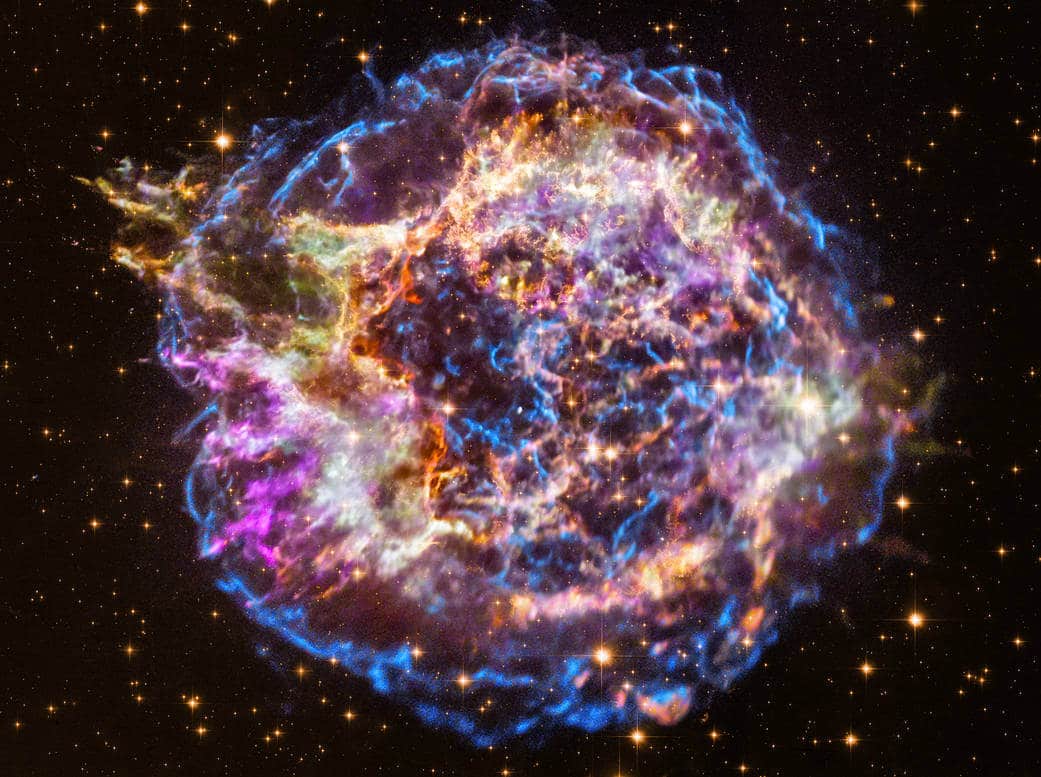
Source: NASA
TECHNICAL INFORMATION:
-
General:
- Chandra science mission: Approx. 5 yrs
Orbital Activation & Checkout period: Approx. 2 mos -
Orbital Data:
- Inclination: 28.5 degrees
Altitude at apogee: 86,487 sm
Altitude at perigee: 5,999 sm
Orbital period: 64 hrs
Observing time per orbital period: Up to 55 hrs -
Dimensions:
- Length (Sun shade open): 45.3
Length (Sun shade closed): 38.7
Width (Solar arrays deployed): 64.0′
Width (Solar arrays stowed): 14.0 -
Weights:
- Dry: 10,560 lbs
Propellant: 2,153 lbs
Pressurant: 10 lbs
Total at launch: 12,930 lbs -
Integral Propulsion System:
- Liquid Apogee Engines: 4 engines (Only 2 used at a time)
Fuel: Hydrazine
Oxidizer: Nitrogen tetroxide
Thrust per engine: 105 lbs -
Electrical Power:
- Solar Arrays: 2 arrays, 3 panels each
Power generated: 2,350 watts
Electrical power storage: 3 batteries, 40-amp-hour, nickel hydrogen -
Communications:
- Antennas: 2 low-gain antennas
Communication links: Shuttle Payload Interrogator, Deep Space Network
Command link: 2 kbs per second
Data downlink: 32 kbs to 1024 kbs -
On-board Data Capture:
- Method: Solid-state recorder
Capacity: 1.8 gbs, 16.8 hrs -
High Resolution Mirror Assembly:
- Configuration: 4 sets of nested, grazing incidence paraboloid/hyperboloid mirror pairs
Mirror Weight: 2,093 lbs
Focal length: 33 ft
Outer diameter: 4 ft
Length: 33.5 in
Material: Zerodur
Coating: 600 angstroms of iridium -
Attitude Control & Pointing:
- Reaction wheels: 6
Inertial reference units: 2
Aspect camera: 1.40 deg x 1.40 deg fov -
Science Instruments:
- Charged Coupled Imaging Spectrometer (ACIS)
High Resolution Camera (HRC)
High Energy Transmission Grating (HETG)
Low Energy Transmission Grating (LETG) -
Chandra Mission at a Glance: The Inertial Upper Stage
-
Dimensions:
- Length: 17.0
Diameter: 9.25 -
Weights:
- Stage 1 Dry: 2,566 lbs
Stage 1 Propellant: 19,621 lbs
Stage 1 – Total: 22,187 lbs
Stage 2 Dry: 2,379 lbs
Stage 2 Propellant: 6,016 lbs
Stage 2 – Total: 8,395 lbs
Total Inertial Upper Stage At launch: 30,582 lbs -
Performance:
- Thrust Stage 1: 46,198 lbs, average
Burn Duration Stage 1: 125 seconds
Thrust Stage 2: 16,350 lbs, average
Burn Duration Stage 2: 117 seconds -
Chandra Mission at a Glance: Support Equipment
-
Weights:
- Airborne Support Equipment: 5,365 lbs
Other: 1,285 lbs
Total Support Equipment: 6,650 lbs -
Chandra Mission at a Glance: Total Payload
-
Weight:
- Total Chandra/IUS/Support equipment at liftoff: 50,162 lbs
-
Length:
- Total IUS/Chandra: 57.0

